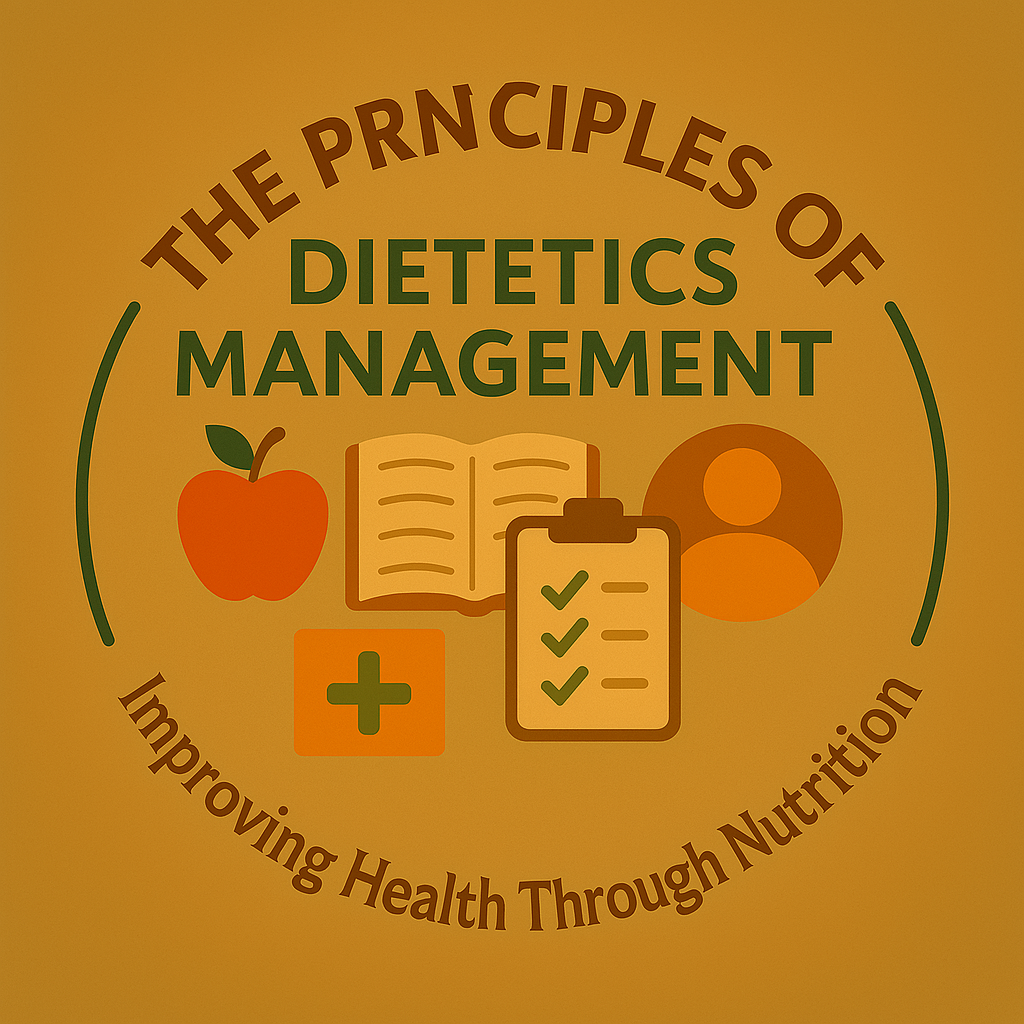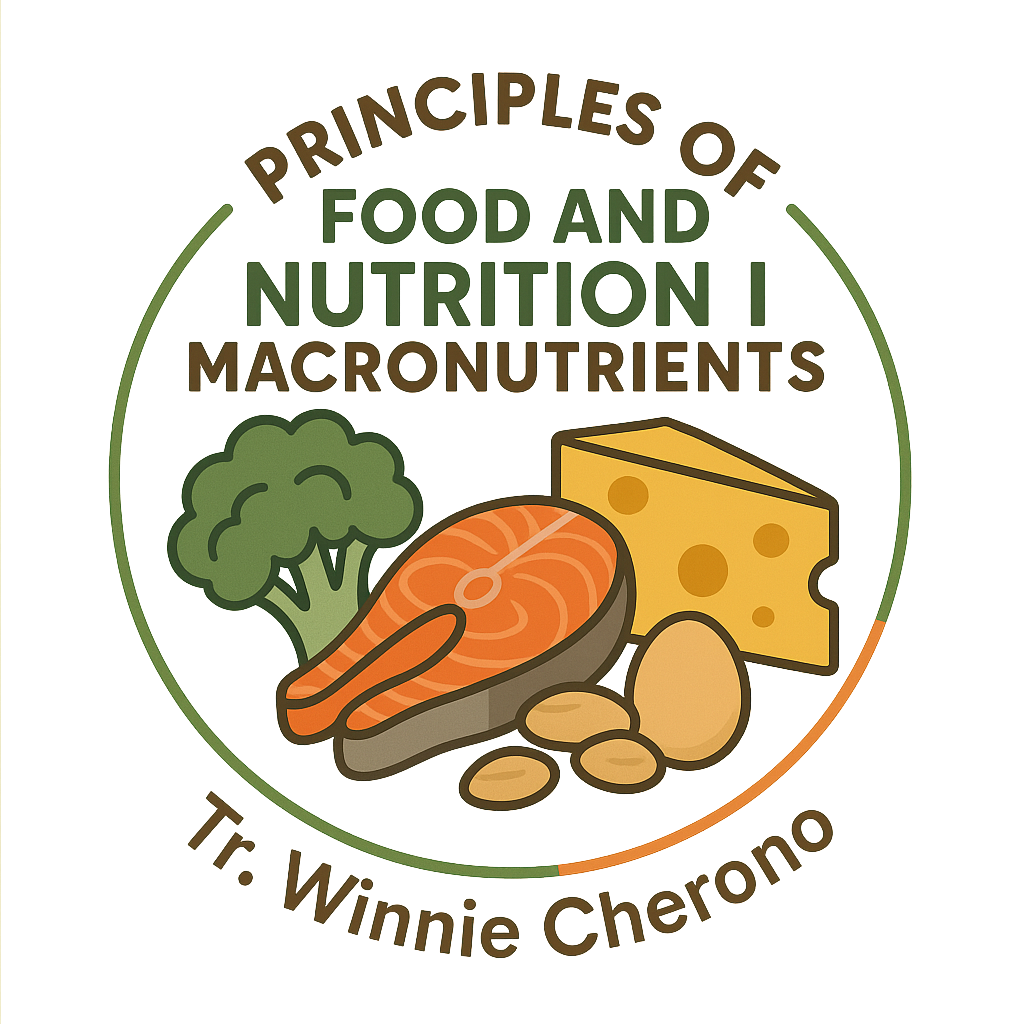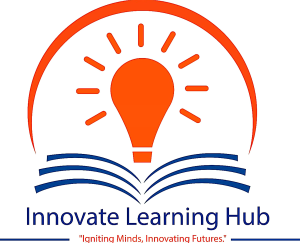- Teacher: Winnie Ruttoh
Innovate Learning Hub
-
Why Choose Innovation Learning Hub?
Welcome to Innovation Learning Hub,your go-to destination for flexible, interactive, and engaging online learning! With live sessions and self-paced courses, our easy-to-navigate platform lets you learn on your terms, anytime and anywhere. We’re committed to supporting your success every step of the way.
Right now, we’re excited to offer two foundational courses to kickstart your journey in nutrition and dietetics:
-
Principles of Dietetics Management
-
Principles of Food and Nutrition I: Macronutrients
Join us and gain the knowledge and skills to make a real impact in health and wellness!
-
Skip available courses
Available courses

This course provides an overview of the dietetics profession, introducing students to the principles and practices of managing dietary needs for individuals and groups. We'll explore nutritional needs at different life stages, current dietary guidelines, and the relationships among food, nutrition, and health. Additionally, we'll delve into the roles and responsibilities of dietitians in various settings, covering topics such as menu planning, food service management, and nutrition education.
By the end of this course, learners should be able to:
- Understand the scope and role of dietetics: Describe the role of a registered dietitian/nutritionist (RDN) and the various career paths within the field.
- Apply dietary guidelines: Interpret and apply current dietary guidelines and recommendations for different populations.
- Manage nutritional needs across the lifespan: Explain the unique nutritional requirements of individuals at different life stages (e.g., infants, children, adolescents, pregnant women, older adults).
- Plan and evaluate menus: Develop menus that meet specific nutritional needs and dietary guidelines, considering factors like budget, cultural preferences, and food safety.
- Communicate effectively about nutrition: Develop effective communication strategies for educating individuals and groups about nutrition and healthy eating habits.
- Recognize the impact of nutrition on health: Explain the relationships among food, nutrition, and the prevention and management of chronic diseases.
Potential subtopics covered:
- Introduction to the Dietetics Profession
- Nutrition Screening and Assessment
- Medical Terminology Related to Dietetics
- Dietary Guidelines for Americans
- Nutrient Requirements Across the Lifespan
- Menu Planning and Recipe Modification
- Food Safety and Sanitation Principles
- Nutrition Counseling and Education Techniques
- Cultural Competence in Dietetics
- Ethical Considerations in Dietetics Practice
- Teacher: Winnie Ruttoh

This course introduces the basic principles of nutrition, focusing on macronutrients. You'll learn the role and function of nutrients, dietary patterns and human health, nutritional requirements including deficiency and toxicity, nutrient reference values, food sources of nutrients, energy balance and appetite regulation, and common serve sizes of foods. You will gain an understanding of the composition, molecular interaction, and bio-mechanisms of food metabolites.
Potential Course Requirements:
Pre-course test
Assignments
Lab work, potentially including diet analysis and tracking
A written analytical report.
- Teacher: Winnie Ruttoh
